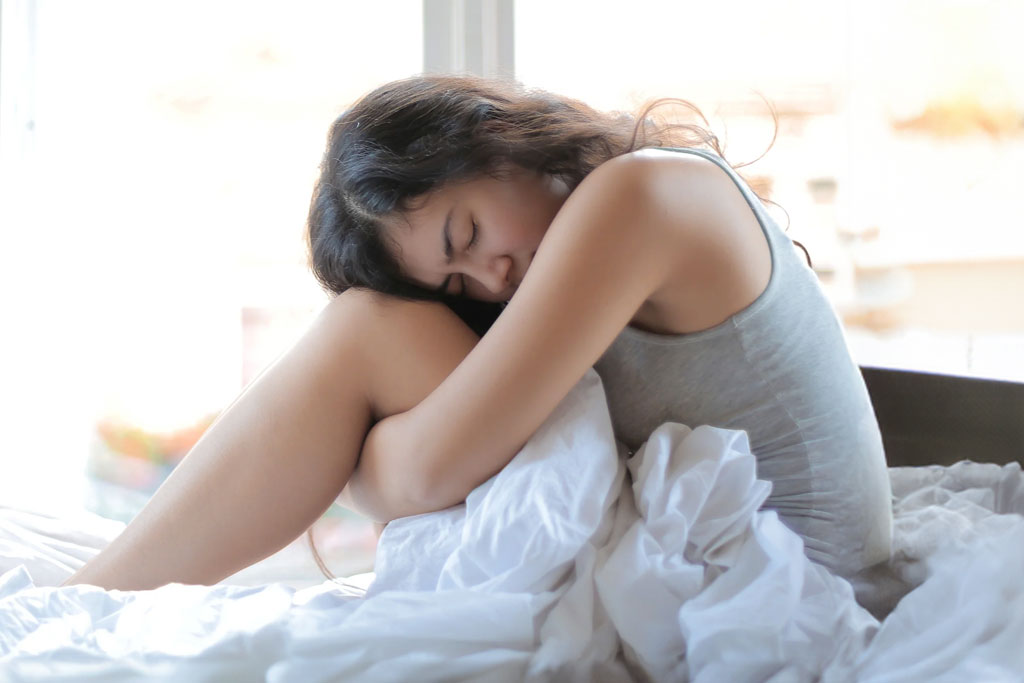What Causes Low Testosterone in Women?
Testosterone is produced largely by a woman’s ovaries and to certain extent by adrenal glands and fat tissue. So, most causes of low testosterone in women stem from ovaries. Getting older (entering menopause) is one of the largest causes of low testosterone. By the time a person reaches menopause, their testosterone levels may have decreased by half of what they once were. Other causes can be
- Recently underwent surgery to remove your ovaries or chemotherapy or radiotherapy
- Underdeveloped ovaries
- A tumor on the hormone-producing glands
- malnutrition
- hyperprolactinemia
- Using hormonal birth control pills
- Using antiandrogen medications
- Taking medicines like corticosteroids , opioids
- Some people may also have something in their genetic makeup (their DNA) that interferes with their body’s ability to produce or process testosterone.
Symptoms of Low Testosterone in Women
It’s important to understand the symptoms of low testosterone and keep an eye on them. Here are the main symptoms of low testosterone in women that you should look out for
- Weakness ,
- Lack of energy
- Trouble getting pregnant
- Irregular periods
- Depression
- Dry brittle skin
- Hair thinning
- Dryness in vagina
- Reduced sexual desire
- Affected sexual satisfaction
- Anxiety or stress
- sleep disorders
- decreased bone density
Similar to this condition, your hormone levels can also increase. If you have high Testosterone and you are a woman, you may develop male features. This can include facial hair and a hoarse voice.
Treatment of Low Testosterone in Women
Because testosterone levels fluctuate so much, it can be challenging to diagnose low levels. They undergo testing using a straightforward blood test. You should obtain a blood test if you have any of these symptoms. Doctors recommend that you have a blood test 8–20 days after the start of your menstruation. After seeing a doctor, you can make an appointment with the closest laboratory to complete this test.
Unfortunately, the research on the treatment of low testosterone in women is not extensive enough. There is no fixed treatment for this issue. Depending on your age and testosterone level, the doctors will treat you with testosterone supplements in various forms like Injections,
Pellets.
Creams.
Patches.
Gels.
Pills/capsules.
Medicines used to improve testosterone levels should not be consumed by pregnant or breastfeeding women. There is a risk that they could transfer it to their child, which may not be healthy.
Doctors do not recommend Testosterone therapy to women due to its side effects and the lack of research on this topic. The products used for this issue, like gels and creams, have not been approved specifically for women. They are targeted towards men, who need a much higher level of Testosterone.You should discuss the risks of each treatment method with your healthcare provider before deciding.
A doctor may also recommend alternative therapies to treat the symptoms of low testosterone in females. These treatments and lifestyle strategies can include:
sex therapy
taking steps to manage stress
getting enough sleep
eating a balanced diet
Conclusion
Your general well-being and reproductive health may be impacted by low testosterone. You ought to be aware of the signs of this problem and the remedies for it. Ignoring these signs can negatively affect your relationships, career, and mental health. This hormone problem also causes anxiety and despair. See your physician right away if you have any of the low testosterone symptoms.

